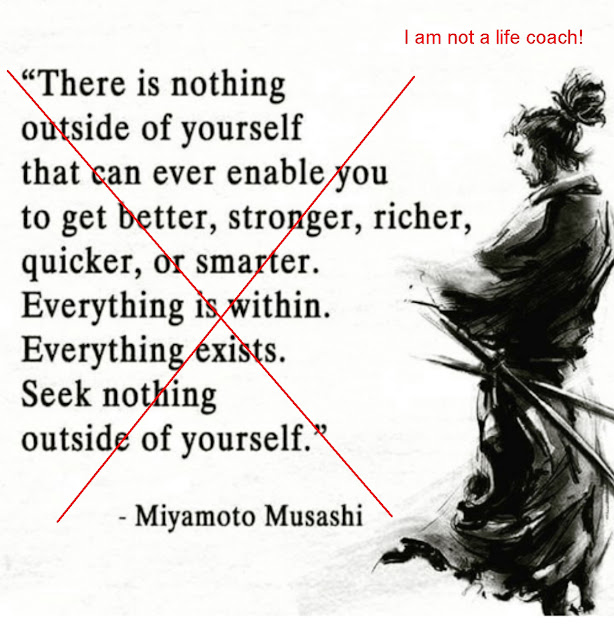Mail Call: The Sword Treatise
 |
| The Sword Treatise, Jack Chen, 2016 |
Introduction
Mail call! Usually I post these as quick notes on the Martial History Team Facebook site. However, I wanted to share a little more detail on this book, although not a full review.I waited a while for this one. It took six weeks to arrive from Singapore, but I'm pleased to finally have a copy of Jack Chen's book 劍經 (Jian Jing), "Sword Treatise."
It is one section of the book 正氣堂集 (Zheng Qi Tang Ji), "Compilation of Vital Energy".
The author is 俞大猷 (Yu Da-You), who lived 1503–1579 and was a Ming dynasty Chinese general.
As you can see, this book is printed in the traditional Chinese stitch-binding method, which made it a must-have. I love specialty books like this. It's similar to my judogi-material-enclosed copy of the first edition of Kyuzo Mifune's Canon of Judo.
About the Author
After a quick search, the best reference I found about the author, General Yu Da-You, appears to be Meir Shahar's 2001 paper Ming-Period Evidence of Shaolin Martial Practice. In the paper, Dr Shahar notes the following:"Whereas Wu Shu disapproved of the [Shaolin] monks' disregard for weapons other than the staff, another military expert, Yu Dayou (1503-1579), was critical of their staff method itself. Yu is known to us as a successful general, who served as regional commander on five of China's frontiers.
He was born into a hereditary military family in Jinjiang, Fujian, and his brilliant military career was due in large measure to his contribution to the suppression of piracy along China's south-eastern coast. Yu distinguished himself not only as a strategist but also as an accomplished martial artist.
He specialized in a staff method known as "Jingchu changjian" (Jingchu Long Sword), and he compiled a manual of staff fighting, titled Jianjing (Sword Classic), which won praise from contemporary military experts. Intrigued by Shaolin's renown, Yu traveled there around 1560 to observe the monastic fighting technique, but he was, according to his account, deeply disappointed. The monastic art had declined so much, he claimed, that he ended up teaching the monks his own martial techniques...
The 1540s and 1550s witnessed pirates raids on an unprecedented scale along China's eastern and southeastern coasts. The pirates, who were known as wokou (literally: "Japanese bandits"), included, in addition to Japanese and other foreigners, large numbers of Chinese, who were involved in illegal overseas trade. Their attacks were especially severe along the Jiangnan coast, where they pillaged not only the countryside but even walled cities.
In 1554, for example, the city of Songjiang was captured and its magistrate put to death. The government encountered tremendous difficulties in its attempts to control the situation, partly because the local authorities were themselves involved in trade with the bandits, and partly because of the decline of the regular military. Thus it was not before the 1560s when order was restored to Jiangnan, partially through the efforts of the above-mentioned generals Yu Dayou and Qi Jiguang."
Conclusion
I bought the book because I knew of General Yu Da-You's role and that because of his death in 1579, it was written no later than the mid-16th century. This makes it one of the oldest surviving martial arts texts in Asia.
The other famous Chinese manual from this period is the 紀效新書 (ji xiao xin shu) "New Book of Military Efficiency" by the other general mentioned above with General Yu Da-You -- General Qi Jiguang. He lived 1528-1588.
Jack Chen has also translated a chapter from this book, 拳經捷要 (quan jing jie yao) "Essentials of the Fist," and published it as an stand-alone book. I am waiting to receive my copy.
Although I do not focus on Chinese manuals, I like to have copies of the earliest written works from various regions of the world, as the origin stories of martial arts are a key component of the research at Martial History Team. I will eventually read and review both of these books.
If you like this article, check out our Facebook page, Instagram account, and Twitter feed. Be devoted!



Comments
Post a Comment